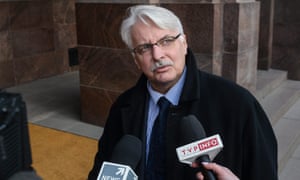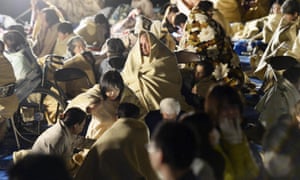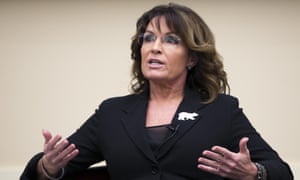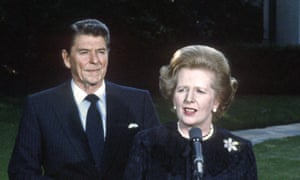Russia is more dangerous than Isis, says Polish foreign minister
Witold Waszczykowski describes Russian activity as an ‘existential threat to Europe’ during a debate on the future of Nato
Russia is more dangerous than Islamic State, Poland’s foreign minister Witold Waszczykowski, told reporters during a visit to Slovakia.
“By all evidence, Russia’s activity is a sort of existential threat because this activity can destroy countries,” said Waszczykowski, who was speaking in a debate on the future of Nato at the annual Globsec security forum in Bratislava on Friday.
“We also have non-existential threats like terrorism, like the great waves of migrants,” he added, according to Poland’s PAP news agency.
He described Isis as a very serious threat but said “it is not an existential threat for Europe”.
Waszczykowski also called for Nato to approve the deployment of troops on the alliance’s eastern border at its July summit due to be held in Warsaw.
“This will be a symbol of the determination to defend the eastern flank,” he said. “We can discuss the scale of this deployment.”
The Czech defence minister, Martin Stropnický, said at the conference that strengthening the Nato’s collective defence capability would be the main point on the agenda at the summer summit, while warning that Russia “should not be isolated”.
He added that Russia was actively “testing the defensive capabilities of Nato in the Baltic region” where a number of countries have come under pressure, the Czech news agency CTK reported.
Russia will use rare talks with Nato next week to protest the alliance’s “absolutely unjustified” military buildup in the Baltic states, Moscow’s Belgian ambassador said on Friday, adding that the alliance was using the Ukraine crisis as a pretext.
Russian and Nato ambassadors will meet in Brussels on 20 April for their first formal talks in nearly two years to discuss security issues, including the crisis in Ukraine, where Moscow is accused of backing pro-Russia rebels against the pro-western government in Kiev.






No comments:
Post a Comment
Please leave a comment-- or suggestions, particularly of topics and places you'd like to see covered